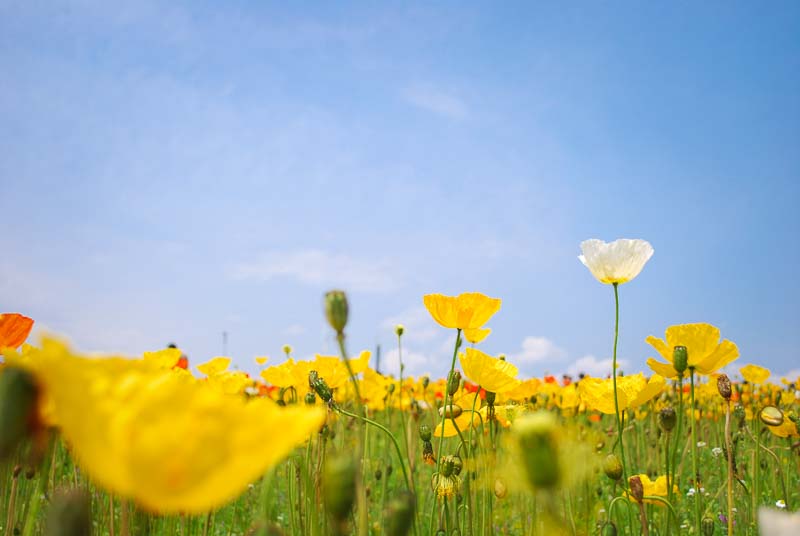By Alvin
Since my school days till my working life, I have always been seeking and contemplating on the way towards a more carefree life. However, my definition of a carefree living is not to be like a wandering spirit or someone without an aim in life.
As most of us are experiencing now, life is getting more and more stressful, so how do we reverse this trend? How do we deal with the pressures in a more connected world, with tighter deadlines and seemingly more impatient clients and/or superiors at our workplace? Often, we are also seeing things not happening in the way we want them to be. As technology improves, life should be more simpler. But ironically, I am sensing that we are becoming frustrated more easily. So where should we turn to and what are the ways to allow us to seek inner peace? It took me some time to at least know which direction to work towards, after embracing and practising Buddhism.
Recently, I am no longer as easily stressed up in my working life or even when dealing with daily matters. I feel that I have become more carefree. However, being carefree is not to become any less serious in carrying out my daily tasks. On this point, the Buddhist Teachings are advocating to us the importance of focusing our minds on the task at hand and once the task is over, our minds should also be released from that task(事了心了). In this way, we will definitely be less stressful as we do not ponder about the outcome or wonder at the possibilities of failure.
Deadlines are still there, but we should not waste our time worrying about them. In this way, not only are we saving time, but more importantly, we are freeing up the capacities of our mind to be more efficient and effective at our work. In doing so, we are also trying to achieve a small enlightenment because we learn to let go with ease. I have come to accept things as they are and be more calm in dealing with matters at work.
Although this is easier said than done, it has become our habit to start worrying even before the event is happening and once the event has passed, to start thinking about it on hindsight. It is actually not easy to let go of our thoughts, as we are often too attached to our own notions of gain and loss (得失心). In a way, this is a good opportunity for us to cultivate on letting go of the notions of gain and loss in order to overcome our dreadful feeling of restlessness, as well as our repetitive patterns of thought. For this, we need the teachings of Buddhism to guide us to transcendence and self-reflection, such as by asking ourselves, why are we still stuck or seemingly unable to improve even if the situation has happened for countless times? Rather than just using our own narrow mindset to look at the situation again, we should embrace only the factual happenings with open-mindedness, solving it with positive and rational thinking as the basis to handle even the most sticky of situations. That is why the teachings of Buddhism can be so practical to our daily lives.
It is important to stress that to avoid anticipating and getting worried beforehand is not the same as telling ourselves not to plan ahead, as the saying goes, failing to plan is to plan to fail. Planning is part of dealing with the task and being focused without the unnecessary feelings of expectations and desire. I am taught that everything is created in our own minds. Whatever the issue is, if we perceive it to be a big deal, then it is a big deal. If we perceive it to be trivial, then it is trivial. Being more focused in just executing our daily tasks will result in living with lesser stress and living our lives in a more carefree way. This is blissful living.
